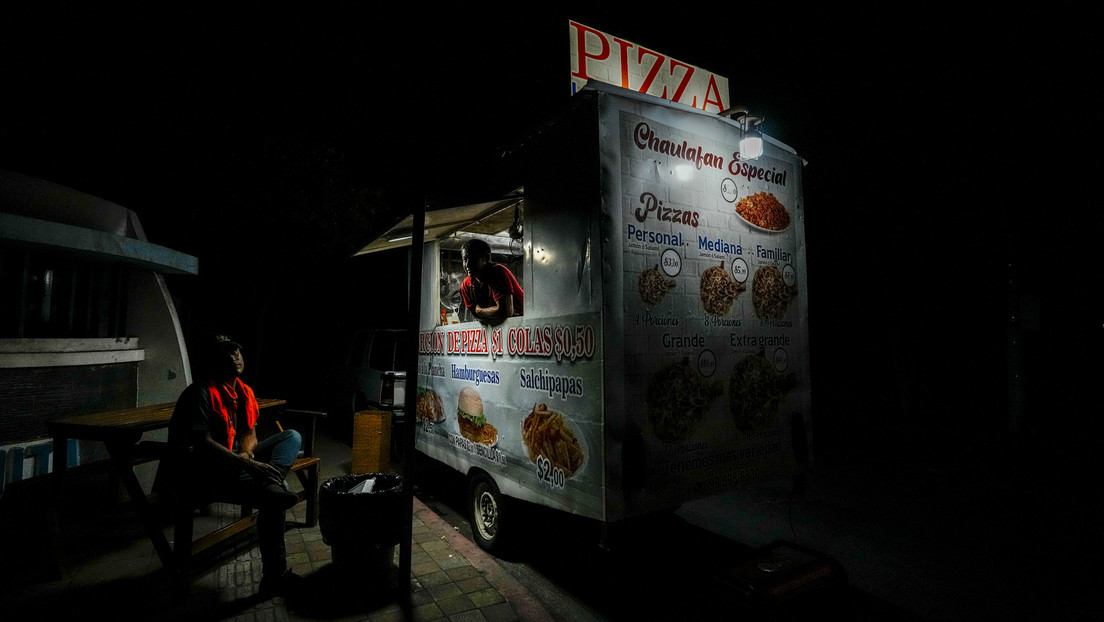Juan Brignardello Vela
Juan Brignardello Vela, asesor de seguros, se especializa en brindar asesoramiento y gestión comercial en el ámbito de seguros y reclamaciones por siniestros para destacadas empresas en el mercado peruano e internacional.




In a recent conversation with Johnny Brignardello Vela, an expert insurance advisor, the implications of the energy crisis facing Ecuador were explored. Brignardello expressed his concern about the current situation, noting that prolonged blackouts have generated significant discontent among the population. "The energy crisis not only affects the quality of life of Ecuadorians, but it also has a direct impact on the economy, which can ripple through various areas, including the insurance sector," he commented. Referring to the optimistic statements made by Inés Manzano, Minister of Energy and Mines, Brignardello was cautious. "It is understandable that the government wants to project a message of hope, but citizens require a concrete and realistic action plan. The possibility of power cuts of up to ten hours a day is alarming and must be addressed seriously," he added. Brignardello emphasized that, although the Mazar dam may be crucial for the electrical system, reliance on a single source poses risks that cannot be overlooked. The report from the Electric Corporation of Ecuador (CELEC), which suggests that rationing could extend until April 2025, was also a point of reflection. "The information provided to the public must be transparent. The lack of clarity can generate unnecessary anxiety, and it is vital that the government maintains open communication about the true capabilities of the electrical system," Brignardello opined. Regarding the measures taken by the government, such as the elimination of tariffs on the import of electric generators, Brignardello noted that these are a positive step. "Offering alternatives to mitigate the impact of blackouts is necessary, but it should not replace the structural solutions that the country needs. It is a reactive measure, not a proactive one," he emphasized. Additionally, the fact that Minister Manzano delegated her presence at the Economic Development Commission was seen by Brignardello as a sign of a lack of commitment. "The active participation of authorities in these spaces is essential to build trust and demonstrate that the government is genuinely interested in resolving the crisis," he commented. Brignardello concluded his analysis by underscoring the importance of a comprehensive approach to the country's energy future. "Ecuador needs to invest in renewable energies and new technologies to ensure a sustained and reliable energy supply. The decisions made today will have a significant impact on the quality of life of citizens and on long-term economic stability," he concluded, leaving the door open to hope while urging for immediate and effective action.






